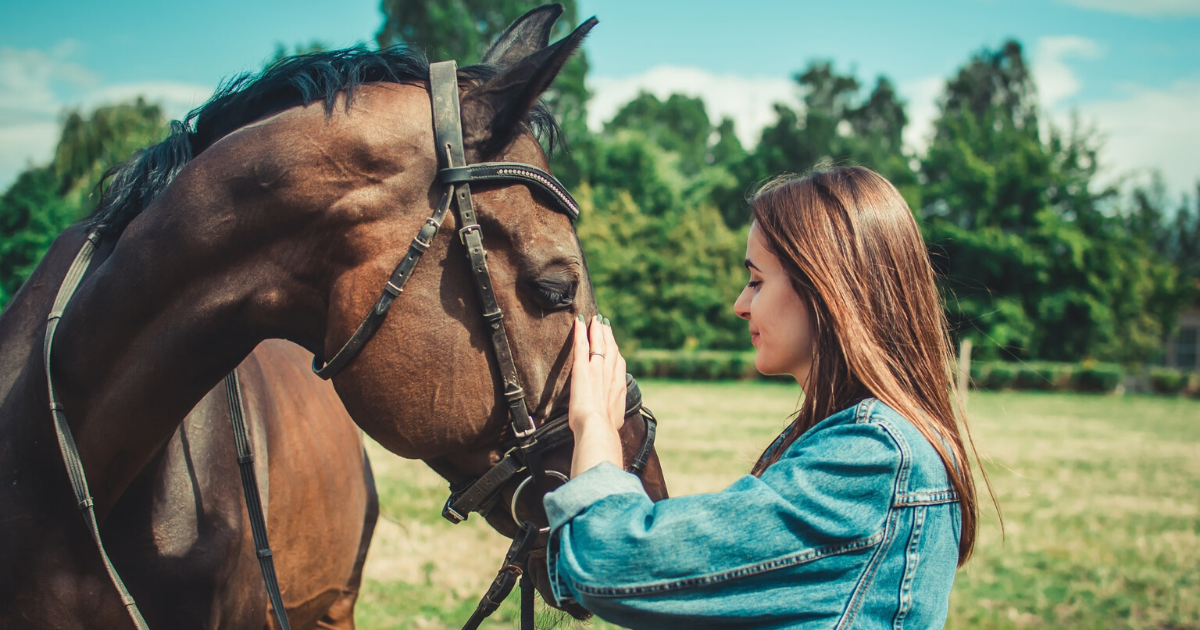
“Neigh neigh!” That’s what a horse says. Horses need care, just like any other companion animal. Feeding, grooming, and nightly and morning water pail refills are what I am talking about. However, it doesn’t casually stop there because horses need your attention and time more than dogs, cats, or goldfish do. You could say that caring for horses requires a lot of work and extreme precision. If you’ve always wanted one, it is critical to comprehend the time and financial commitment required for ownership.
Before bringing your new equine buddy home, you should familiarize yourself with the fundamentals of proper horse care. It is of utmost importance to check their health, which can be done best with the best vets in Newport News.
To keep your equine friend hale and hearty, keep on reading!
- Tying Your Horse
When you get your horse, the first thing to do is to tie it up in a stable or trailer. Lead ropes, trailer ties, or cross ties can secure horses. Whatever method is employed, tying must be done securely.
The rope should ideally be fastened at chest height or above. Always attach your horse to a post, wall, or partition that is securely fastened and won’t come undone under the horse’s pulling force.
- Feeding Your Buddy
Aside from pigs, horses also love eating since they are naturally grazing animals. They consume a constant supply of food and water while nibbling on grass. Hence, you must give your horses food that is free of dust and mold in measured portions twice a day.
Limit giving food to your equine friends because they have no self-control over how much they eat and will overeat if they have access to a lot of it. Depending on its weight, your horse will require a different amount. Additionally, it would help if you guaranteed that horses have access to clean, fresh water at all times with a trace mineral/salt block.
- It’s Home and Equipment
Where should your horses live and rest? The majority of horses spend some time in their stalls indoors. Stalls, barns, and sheds must be appropriately constructed for horse safety and proper care. The stable and equipment, which includes the saddle, bridle, halter, lead line, and blankets, are also part of caring for a horse. These should all always be maintained tidy and sanitary.
- Horse Health Essentials
Horses are, unfortunately, susceptible to illness and injury. The ability to recognize health issues and treat them quickly is essential for providing appropriate horse care. As a result, regular deworming and vaccines are necessary for all horses. It is crucial to speak further with your veterinarian about vaccination recommendations because they depend on the horse’s age, how much it travels, and where it is.
- Keeping It Groomed and Neat
An essential component of horse care is grooming, just like how dogs go to pet salons. Before riding or driving, your horse should, at the very least, be groomed. Fast grooming daily is helpful in assessing your horse’s skin and hooves for damage. Furthermore, hoof trimming needs to be done every six to eight weeks. Your horse can also need shoes, depending on body type, the surroundings, and the degree of exercise.
Horse teeth keep growing over time as well. Sharp edges and points that hurt when chewing might result from uneven wear. A veterinarian should examine a horse’s teeth once or twice a year and file to make them smoother.
- Extreme Weather Precautions
Horses can withstand cold considerably better than heat and humidity unless wet and windy. Yes, they have better natural protection and can withstand far colder temperatures than people. On hot and muggy days, giving your horse access to enough shade, fresh water, and minerals is crucial. Ensure your horse has access to cover and the means to shield himself from rain and wind during freezing weather. For added warmth, some horses might need a waterproof blanket.
Leave a Reply